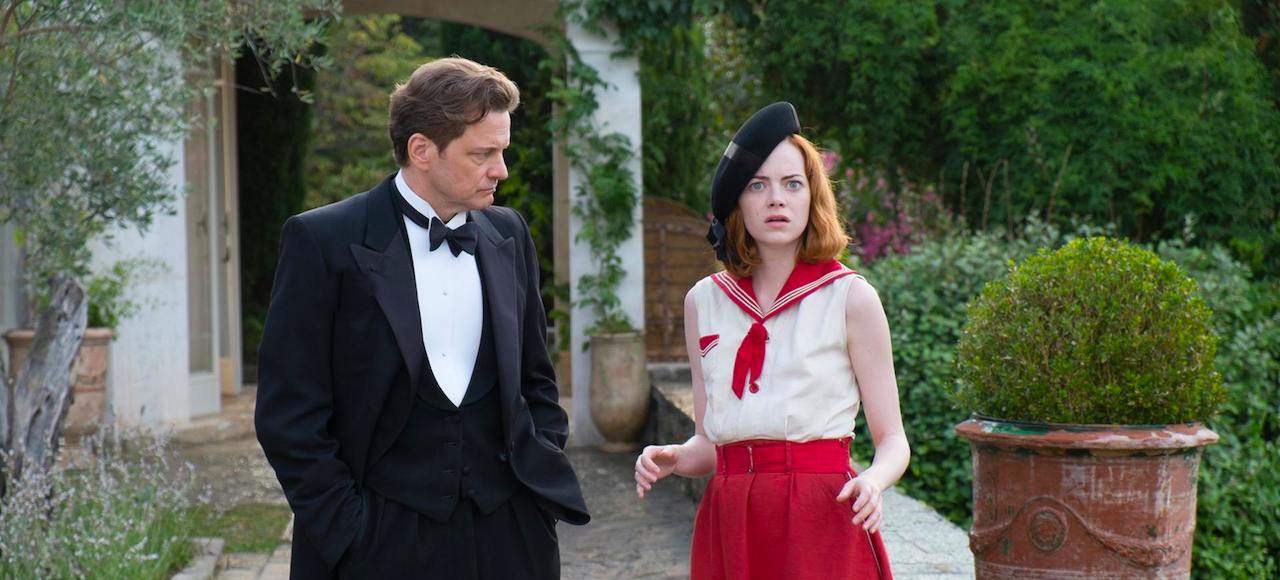Magic in the Moonlight
Woody Allen's magic trick here is misdirection via beautiful scenery.
Overview
Somewhere in the dark recesses of a record company, a phone rings in the jazz music copyright department. Five minutes later, an email begins to circulate around Hollywood: "URGENT: 1920s costumes required. Wooden tennis racquets also welcome. Destination not yet known, but assume Manhattan or France". Finally, casting agents receive a visit from a mysterious stranger with a very specific request: "I need a girl. Young. Sexy but approachable. Almost too young, without being obvious, if you follow?" He winks and disappears into the smog.
The clues are unmistakeable. The conclusion, unavoidable. Woody Allen is making a movie. His 47th, in fact, and his most handsome in quite some time. Yet the eyes can deceive, and just as his characters learn throughout Magic in the Moonlight, beauty all too often masks a shallowness that will always, eventually, out. It is, to put it simply, very light fare across the board. Amusing more than hilarious, sweet yet far from moving, Magic in the Moonlight is as fun to watch as it is easy to forget.
Set (once again) in the 1920s, the entire film is built around a simple, singular premise: esteemed magician Stanley Crawford (Colin Firth) is brought to the French Riviera to debunk the charming young American clairvoyant Sophie (Emma Stone). Her bewildering talents, however, quickly defy his every attempt to expose her, deftly penetrating every layer of his stoic scepticism. Faced with the possibility that real magic might exist, the insufferably rational and pragmatic Stanley finds himself questioning everything, from the meaning of life to the love of his soon-to-be wife.
It's a romantic comedy of sorts, but the pairing of Stone and Firth fails to spark any real on-screen connection despite both actors ticking all the boxes individually. It's worth remembering there's almost 30 years between the two, an age gap (or chasm, rather) that Stanley acknowledges early on as 'preposterous'. It's perhaps less a joke than a symptom of the film's ultimate inability to resonate. Either way, you don't really care whether they get together or not, just as it matters little whether Sophie's talents are legitimate. The stakes are low, and for a film all about magic, the only genuine mesmerising comes from the scenery.







